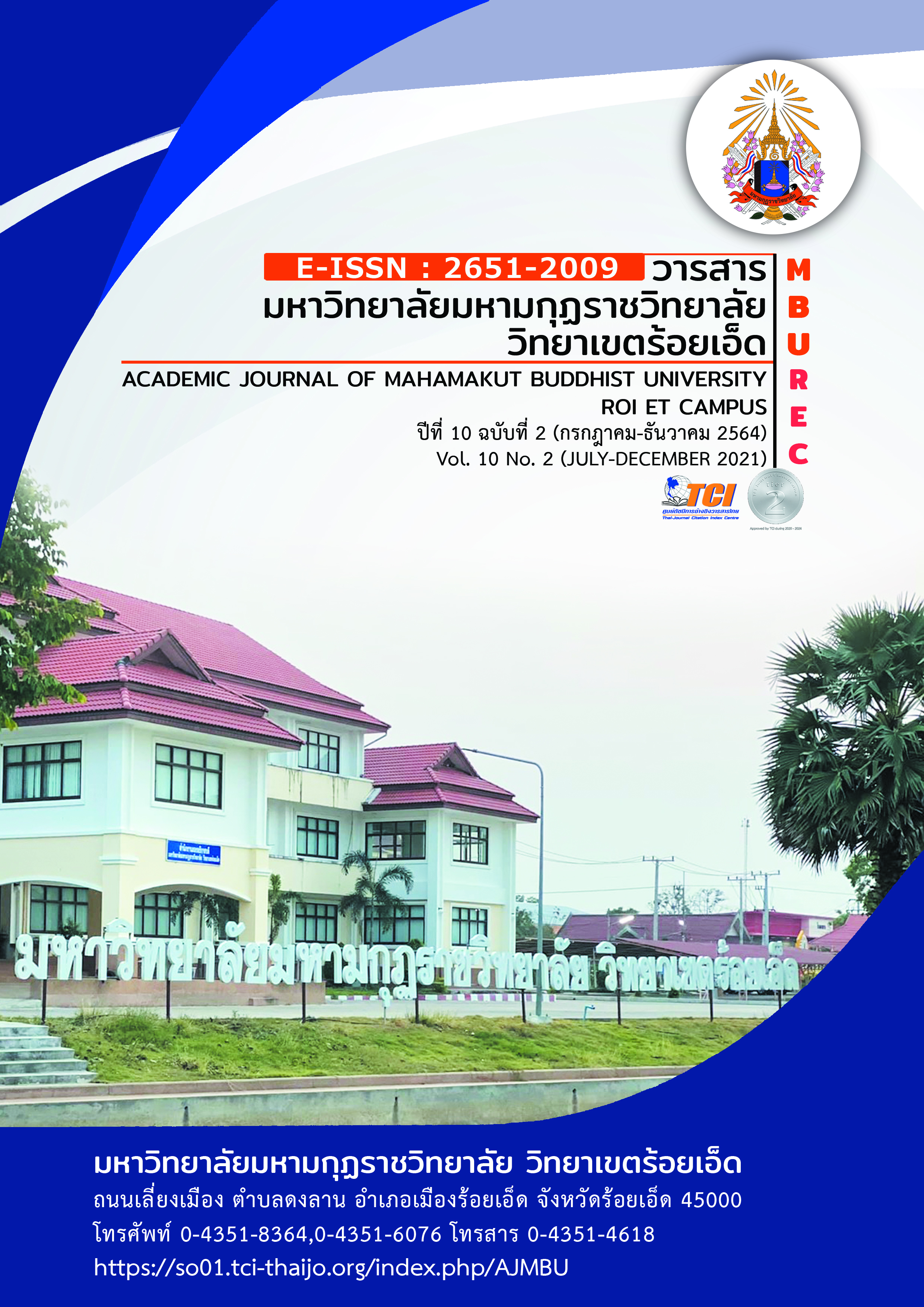Relation of Goal-setting, Self-efficacy and Exercise Training Effectiveness of Judo Athletes of Sport Schools in Thailand
Main Article Content
Abstract
The objectives of the research article were 1) to study level of goal setting of Judo Athletes of Sport Schools of Thailand, 2) to study level of Self-efficacy of Judo Athletes of Sport Schools of Thailand, 3) to study relation of goal-setting, self-efficacy, and Exercise Training Effectiveness of Judo Athletes of Sport Schools of Thailand. Population participated in this research were 225 judo athletes aged between 12-18 years, experienced in judo exercise training more than 1 year. The research instruments were the model questionnaire and the training effectiveness form. Data analyzation utilized Means, Standard Deviation, and Multiple Linear Regression Analysis for relationship of goal-setting, self-efficacy, and Exercise Training Effectiveness of Judo Athletes of Sport Schools of Thailand.
The results found that: 1. Judo Athletes of Sport Schools of Thailand placed the most important on goal-setting. 2. Judo Athletes of Sport Schools of Thailand placed the most important on overall self-efficacy. 3. Judo Athletes of Sport Schools of Thailand placed the most important on overall Exercise Training Effectiveness. In addition, Exercise Training Effectiveness relate directly to self-efficacy and goal-setting.
Article Details
References
กระทรวงการท่องเที่ยวและกีฬา. (2557). แผนการพัฒนาการกีฬาแห่งชาติ ฉบับที่ 6 (พ.ศ. 2560 – 2564). กรุงเทพมหานคร : โรงพิมพ์องค์การค้าของ สกสค.
ภาขวัญ ทัศนธนากร. (2558). การนำเสนอแนวทางการจัดการเรียนรู้พลศึกษาโดยใช้กิจกรรมศิลปะการต่อสู้ป้องกันตัวในระดับมัธยมศึกษา เขตกรุงเทพมหานคร. วารสารอิเล็กทรอนิกส์ทางการศึกษา. 10(2). 422-431.
วัลภา สบายยิ่ง. (2542). ปัจจัยด้านการตั้งเป้าหมายการรับรู้ความสามารถของตนเองและบุคลิกภาพที่ส่งผลต่อการปฏิบัติงานของผู้จำหน่ายตรง. วิทยานิพนธ์ปริญญาดุษฎีบัณฑิต สาขาวิชาการวิจัยพฤติกรรมศาสตร์ประยุกต์. มหาวิทยาลัยศรีนครินทรวิโรฒ.
Grant, Anthony M. (2012). An integrated model of goal-focused coaching: an evidence-based framework for teaching and practice. International Coaching Psychology Review. 7(2). 146-165.
Kendra Cherry. (2019). Self Efficacy and Why Believing in Yourself Matters Updated. Retrieved 7 October 2019. From https://www.verywellmind.com/what-is-self-efficacy-2795954
Kolbe, Kathy. (2009). Self-efficacy results from exercising control over personal conative strengths. Retrieved 7 October 2019. From https://web.archive.org/ web/201805120 44339/https://e.kolbe.com/knol/index.html
Locke, Edwin A.; Latham, Gary P. (2002). Building a practically useful theory of goal setting and task motivation: a 35-year odyssey. American Psychologist. 57(9). 705-717.
Schunk, Dale H. (1990). Goal Setting and Self-Efficacy During Self-Regulated Learning. Educational Psychologist. 25(1). 71-86.
Yoshie Iwasaki. et al. (2017). Exercise Self-Efficacy as a Mediator between Goal-Setting and Physical Activity: Developing the Workplace as a Setting for Promoting Physical Activity. Safety and Health at Work. 8(1). 94-98.


